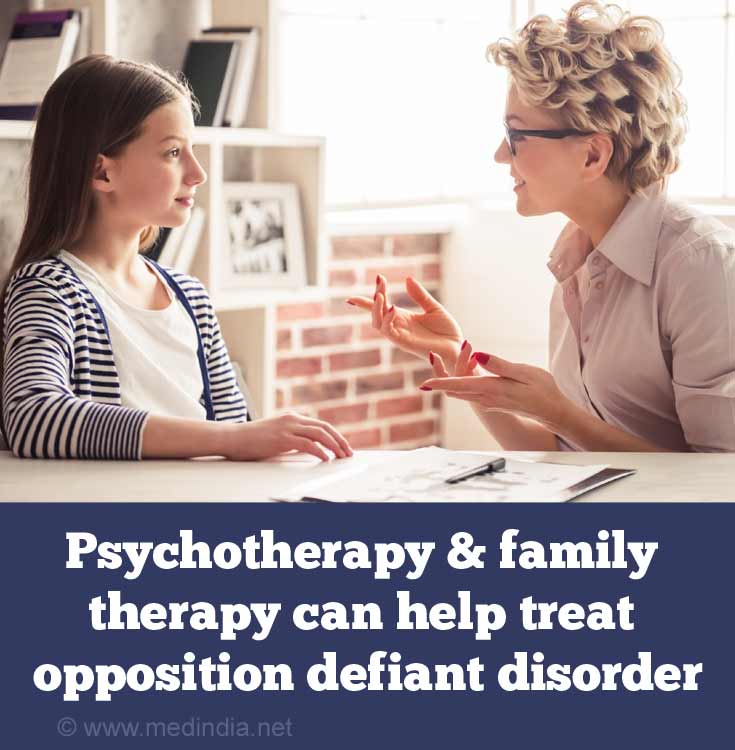How do you Diagnose Opposition Defiant Disorder?
According to the fifth edition of Diagnostic and Statistical Manual of Mental Disorders (DSM-5) by the American Psychiatric Association if four or more symptoms from any of the below categories are present consistently for at least six months, a diagnosis of Oppositional defiant disorder can be made.
First category: Angry and irritable mood, often and easily loses temper, is frequently touchy and easily annoyed by others, is often angry and resentful.
Second category: Argumentative and defiant behavior, often argues with adults or people in authority, often actively defies or refuses to comply with adult person’s requests or rules, often deliberately annoys or upsets people, often blames others for mistakes or misbehavior.
Third category: Vindictiveness, is often spiteful or vindictive, has shown spiteful or vindictive behavior at least twice in the past six months
The doctor will also take a detailed medical history and perform a physical examination to assess your overall health. There are no specific laboratory tests to diagnose ODD but if any other medical condition is suspected your doctor may advice imaging studies such as CT scan or an MRI.
How can you Treat Opposition Defiant Disorder?
Treatment of ODD involves a combination of psychotherapy, training for parents and children and medications.
- Psychotherapy: This includes family therapy as well as individual psychotherapy to improve communication and mutual understanding and also learn how to work together. It also includes parent management training to help parents manage their child’s behavior in a better way. Individual therapy will help your child learn to manage their anger and express feelings in a healthier way. Cognitive therapy will help your child to identify and change the thought patterns responsible for their behavioral problems

- Social skills training: Learning social skills will require regular practice and lots of patience. It will help in maintaining good relationships with friends, parents and peers
- Positive reinforcement: Show consistent and unconditional love for your child. Always build on the positive side and praise them when they are more cooperative and show improvement in their behavior
- Management of stress: Regular physical exercises, breathing exercises and relaxation techniques are advised to manage stress levels. Parents have to keep their emotions in check and avoid venting anger or frustrations on their children
- Medications: There is no specific medicine for ODD. However, studies show that medications used to treat ADHD are helpful in controlling some of the symptoms of ODD






